This afternoon we have the pleasure to present Dr. Juan B. Morales Malacara and Dr. Javier Castellanos with Mario Hernandez, Director of Charco del Ingenio, as moderator of the panel on Drought and Desertification, undoubtedly one of the issues these Water Dialogues are Desertification is increasing and becoming more visible as a result of deforestation, which in turn prevents infiltration of rainwater into the ground. Hence the importance of the presence of Dr. Javier Castellanos recognized researcher for 35 years at the INIFAP (National Agricultural,
Forest and Livestock Research Institute) who has studied agronomic issues, among other things and the impact of climate change, drought and desertification in the food production of our state. He was a national leader in plant nutrition research during 2000-2006 and has published 85 scientific articles and five books, among other texts. He is a member of the National Researchers System and as a researcher he has focused on the issue of soil fertility, organic fertilizers and plant nutrition.
For his part, Dr. Juan B. Morales-Malacara, PhD, is the author of numerous studies in zoological taxonomy and biodiversity. He is a researcher and Coordinator of the Multidisciplinary Teaching and Research of the Faculty of Sciences of the UNAM campus Juriquilla. He specializes in biospeleology (the study of organisms living in caves) and has focused on the study of bats and various faunal elements of the caves in our region.
Juan B. Morales-Malacara:
The available water for human consumption is very small. If we put it in a container, it would be the size of the Arabic peninsula. That’s all the water we have. That water sustains all life in our planet. So we are concerned about the climate change. What used to happen in millions of years, is now occurring in decades. The use and abuse of our ecosystems to obtain economic benefits has destroyed ecosystems. Depletion of forests means depletion of soils. The filtration cycle of water in caves has been modified and fauna is dying. The underground water is not being recharged. Human activity is not allowing the recharge.
In Guanajuato we are pumping water millions of years old, as in Queretaro, contaminated with minerals that come from the rocks.
We have been talking about this for 12 or 15 years. The studies of Dr. Marcos Adrian Ortega have given the facts of our fossil water which means the aquifers are not recharging. We need to make serious commitments to guarantee water retention. It´s a survival strategy so as to not depend on bringing water from other places. If the use of water doesn’t change we must know what sustainable actions we need to carry out. And the decision makers need better planning for the near future.
To produce one kilogram of corn we need 300 liters of water. For one orange, we need 350 liters. For one egg, we need 500 liters. One liter of milk requires 1000 liters of water. To produce one kilogram of meat, we need 26 thousand liters of water, more or less 130 tanks. To produce the steel for one car, we need 121 thousand liters of water.
We live in a global economy so only profitability counts. An investor thinks in terms of making more money from that cubic meter of water. Because for 121 thousand liters of water, we are talking about 200 thousand pesos of profit per cubic meter of water. So it´s more profitable to produce cars than to invest in agriculture. If I produce corn, I only make 10 pesos of profit per cubic meter of water. So the investor goes where the money is.
The question is, how long are we going to have that water and what will happen with desertification and global climate change?
It´s true that agriculture uses 80 percent of the water, not only in Mexico but everywhere in the world. So we use a lot of water and we pay very little for We have been suffering drought for three years now. It´s very difficult for those who are farmers. But in North Dakota it’s the opposite. There is too much water to plant while we don´t have enough water to plant. The green house gases and the increase in the temperature in the atmosphere are creating unpredictable situations. No one can tell us what´s going to happen.
This is just the beginning and we are not paying attention. Our dams are now 20 to 30 percent of their capacity. In Nebraska and Illinois they´ve had the worst drought in fifty years.
We should pay attention to the 25 to 30 million hectares for agriculture we have in Mexico since very few have ground water; the rest depend on the seasonal rain. Are we going to depend on seasonal cropping when the ground water is depleted in the next 14 years as predicted? I think we are daydreaming. We´ll have to depend on foreign countries for our food supply.
In Guanajuato we have 16 thousand wells already drilled. Each well extracts from 350 to 500 thousand cubic meters of water per year. Millions of liters. We are talking about 5 billion cubic meters of water consumption per year. If we continue with this depletion, our future looks complicated.
We think we can solve the problem with highly efficiency water systems, but that is also an illusion. The government thought that would be the solution.
When the government supports one farmer it´s under the condition that both contribute with equal parts of the costs. If you use 50 hectares it´s logical to think that the government is asking you to water no more than 50 hectares. But the truth is that the farmer waters 70 hectares with the government´s support. So the abuse never ends.
Question from the audience:
Does reforestation help to attract rain water?
Yes, if the trees are native to that area. If you plant trees of different species they can damage local species because there are some substances in certain species that reject other trees. You need to know the ecosystems because the survival of our flora and fauna depends on that. The animals need to recognize the plants they feed on.
The easiest way to recharge the aquifer is to find natural basins where the inflow of water penetrates naturally. You can´t drill holes anywhere and let the water flow underground. You have to be certain it will go into an aquifer and not to an underground cave that is already contaminated by housing developments or trash deposits. This would contaminate underground rivers
Question from the audience:
In a semidesert like San Miguel we need environmental indexes in order to know our recharge capacity . How much industry, housing developments and agribusiness can we handle?
I know the University of Guanajuato has these indexes. Maybe we can start
Question from the audience:
I understand the Realito dam will be managed by a Spanish company and the prices will be going high. Also, where is the water coming from?
I don´t know much about the Realito dam. But the cost of the water I do know: currently it costs 20 cents to pump one liter of water. In Spain, the coastline agriculture and the tourist coastline are desalinating the water.
That is, they are removing the salt from the water. The people in the south of Spain say: “we are not lacking water, but there is way too much salt”. So for touristic purposes it is profitable. But right now we pay 20 cents per liter of water and for desalination you would have to pay 20 pesos. It´s 100 times more. This is only profitable for protected crops. The topic of costs has to do Yes, the topic of El Realito arose when the state of Guanajuato accepted that we have 14 years of water left. I can guarantee you that there are other interests involved in El Realito to bring water from El Realito is not going to solve our problems. We´ll mitigated the crisis for 30 years and then what?
The actions for water conservation will be delayed. We have 30 inches of rain in San Miguel per year. The problem is that we get the 30 inches in one day so water is not retained, it damages the crops.
The issue here is how many housing developments and business growth can we allow while we are exporting water to the US in the shape of broccoli. The water crisis has to do with equity or lack of equity in the distribution. And we need to find the solution to this.
Question from the audience:
What is stopping our farmers from using saving water devices like the drip
It´s awareness. It´s believed that the water is a private right. And that’s a problem. When the use of water represents a risk to the sustainability of the area, the state should restrict it. When there is a concession for the use of the well, the government says: “I will allow you to pump 300-400 thousand cubic meters of water per year”. And they have a meter to control this. In Torreon this happened and the farmers destroyed the meters. But if the farmers are well informed about the scarcity of water, they are going to demand the preservation of the resource. The problem is they are not informed and they want to water more hectares, instead of saving water with better systems to make more profit. We need to inform people and we need to talk about this water crisis everywhere. The state has been denying the truth but we have Dr. Ortega´s studies that say the contrary.
Question from the audience:
What do you think about restricting water consumption?
The price on water would be the number one restrictive policy. The water that we use is very cheap. To increase the price would make people pay more attention and take care of the resource. In Queretaro there are tax incentives to industries that save water through advance water technologies.
Water justice, fairness in distribution should come first. I believe we need to think of fairness before we think about the prices.
There is a way to legislate in order to guarantee fairness in the distribution of water. We also need guidance from the government along with an adequate legislation in order to make it through this crisis. Many authorities grant construction permits because it implies political favors and they use fake and false environmental assessments. This must stop. We the people need a dialogue with authorities to stop these corrupt practices.
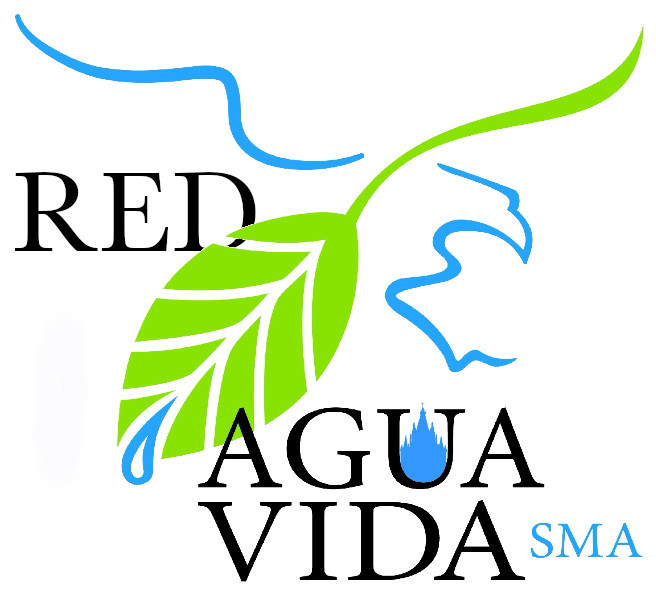
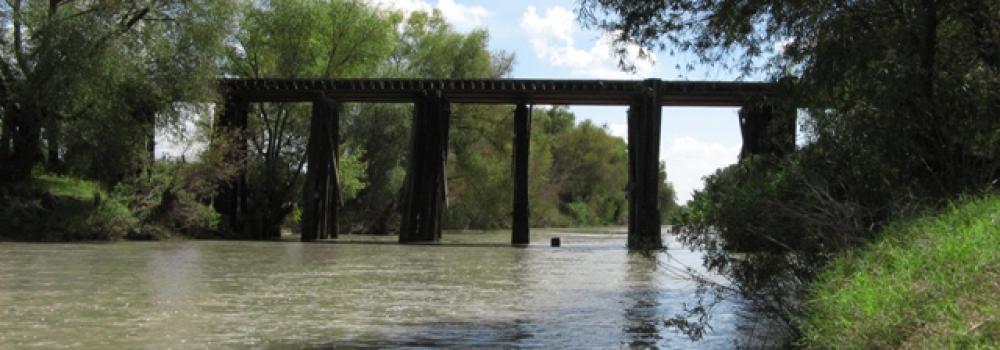
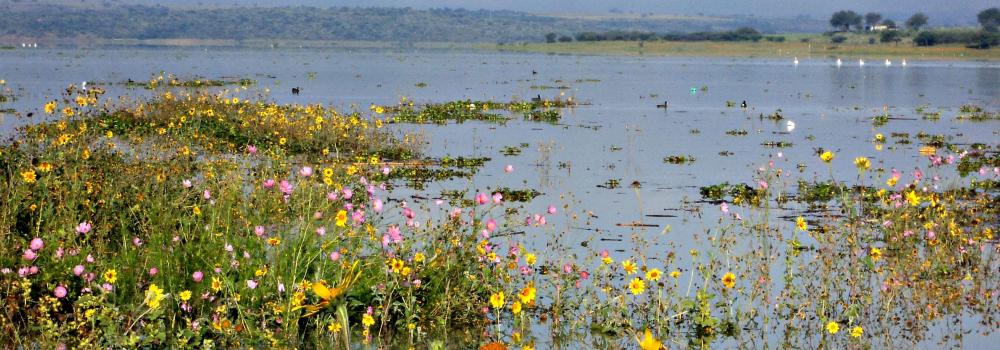

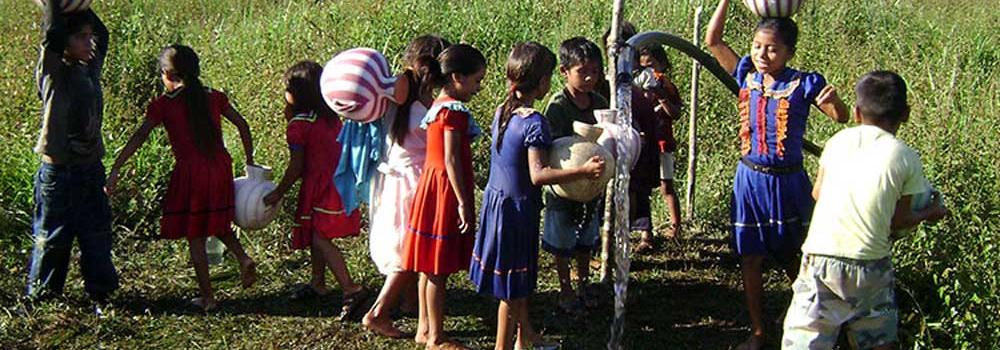
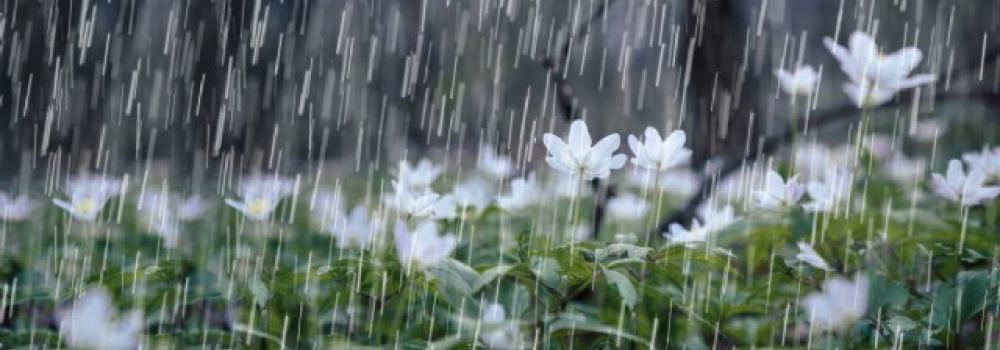
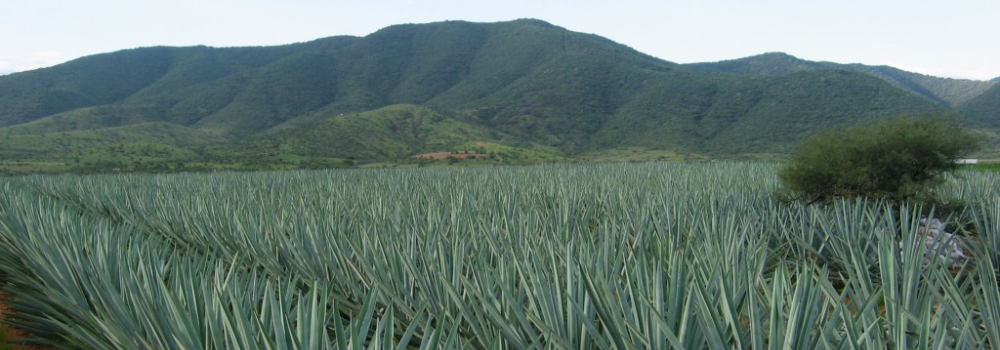

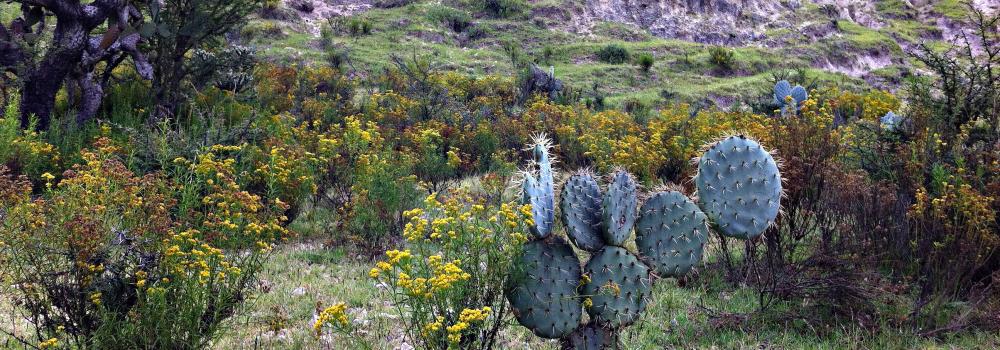
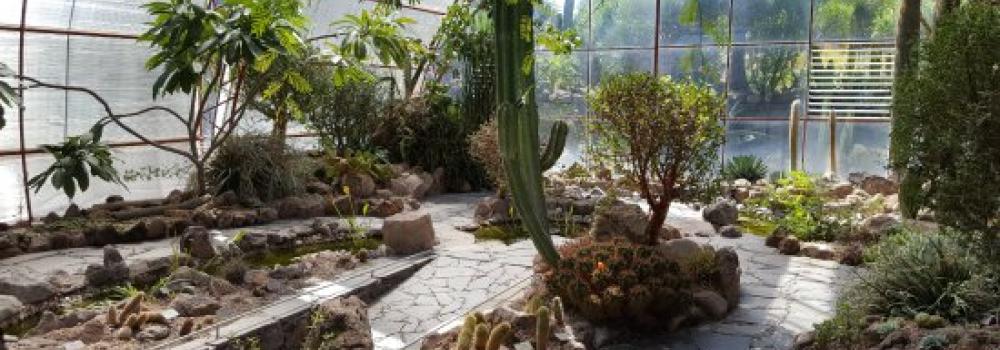
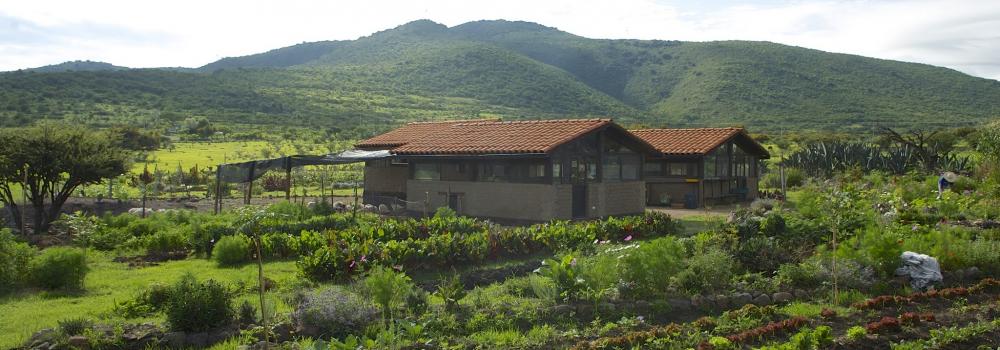
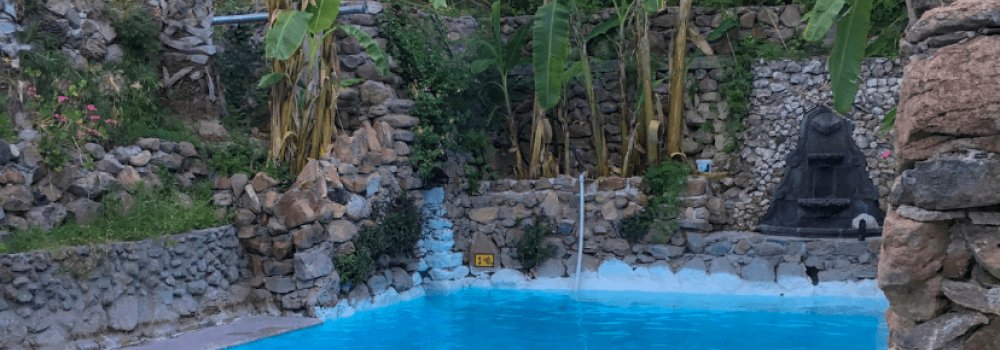
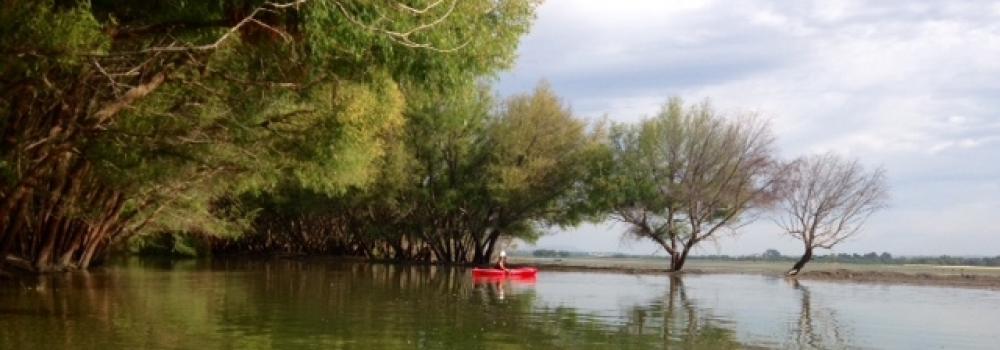
Add new comment